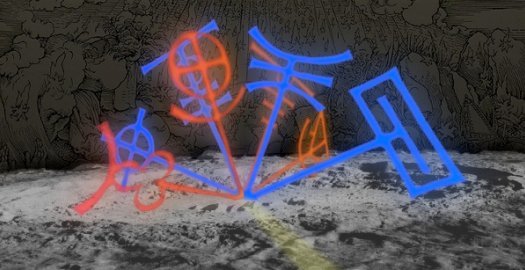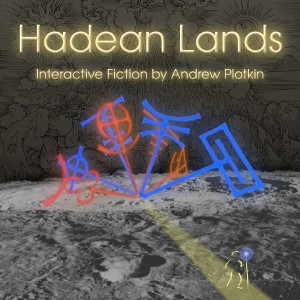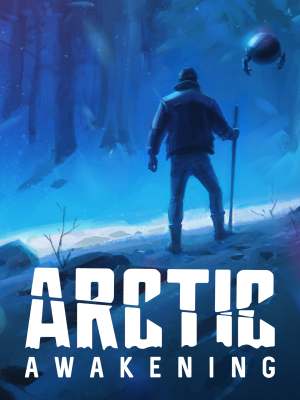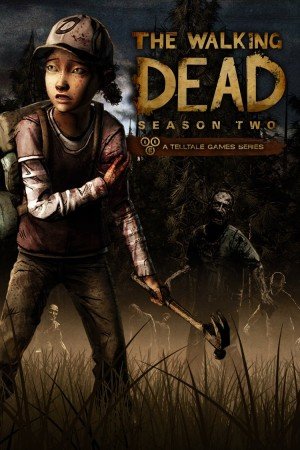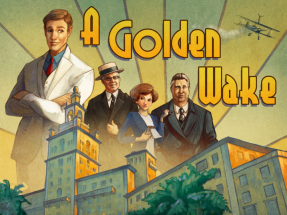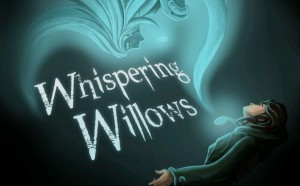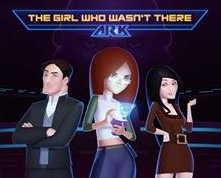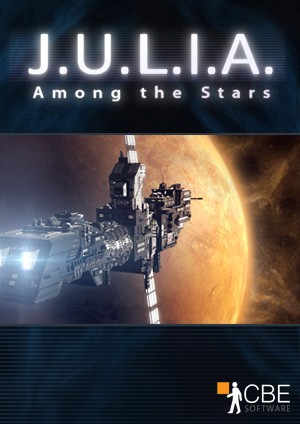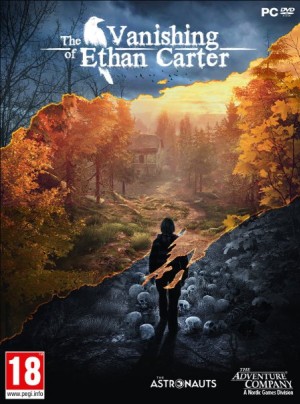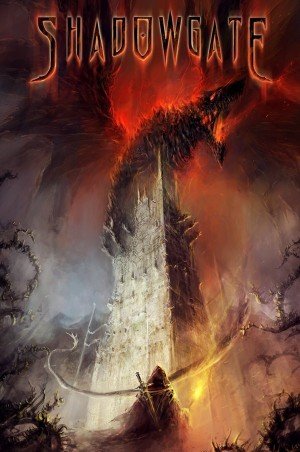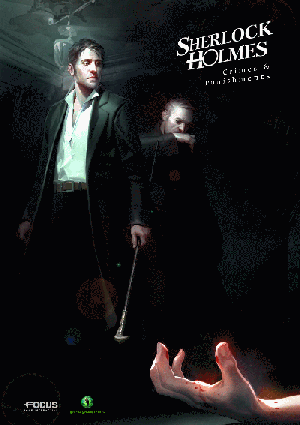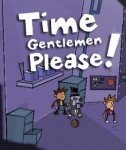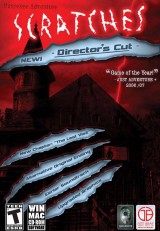Review for Hadean Lands
Game information
Adventure Gamers Awards
Two years before Double Fine Adventure, the Interactive Fiction (IF) community had its own celebrated Kickstarter success. Hadean Lands, a text adventure by one of IF's top authors, Andrew Plotkin, launched its campaign in 2010 and received four times its goal. Admittedly still a very modest sum of money in comparison to Tim Schafer and company, it was quite an achievement for a type of game often thought to lack commercial viability. Four years later, Hadean Lands has finally been released and proves to be well worth the wait, showing the modern day text adventure at its finest.
You play as an apprentice alchemist on His Majesty's Marcher The Unanswerable Retort, an alchemy-run spaceship that has crashed in a lethal, alien wasteland, and are tasked with working out just what the hell is going on. Alchemy and space travel make for an interesting blend of themes where you are both an alchemist and engineer. Over the course of the game, you cultivate your alchemic skills to, for instance, develop potions that let you survive in a vacuum, or to develop a piece of tech – the wonderfully named “resonant oculus” – that lets you observe the unseen influences and nature of things and people. Ultimately, the aim is to fix the entire ship itself.
But the plot is not nearly as superficial as that. In fact, it's downright bewildering and fantastical. Much of your attention will be paid to what on earth happened to the ship and even who exactly the player character is. Part of the reason for the complexity is that a lot of the story is told in fragments. As the spaceship is damaged, so is your means of understanding past events. There are 'fractures' on the ship – distorted cracks in the air that block pathways and trap warped images of your crewmates and views of toxic oceans and other vast lands behind them. The shadows left by crewmates reveal pieces of their stories when using the right equipment on them: the stolen supplies, the love affairs, even perhaps sabotage of the ship itself. There is also a world of alchemic complexity that you need to come to grips with. And there are no clear references to your own identity, just suggestions – if you go looking for them – that the crash in some way affected you, or changed the way you see things. It may sound confusing, but for a vast puzzlefest like Hadean Lands, a non-linear narrative like this works brilliantly. None of the story is really given to you; it's your job to explore and discover it. By the end, you'll have your own theory of what happened and who you really are, but there will never be anything concrete. It's the kind of work that you immediately want to discuss after finishing.
All of this is possible because the game world is so immense and rich with detail. There is a huge map to explore, filled with what must be nearly 100 rooms. And these rooms are packed with hundreds of items, many of which can be collected into inventory, with thousands of things to do with them, testing out new rituals, examining for more background details, sniffing and feeling and manipulating everything that plausibly warrants it. The enormous ship cries out for exploration, and thanks to Plotkin's joyously peculiar set of ideas and inventive prose, the game is incredibly fun to read. In what other game would you discover formulas and rituals like the “Greater Phlogistical Saturation” or “Gaian precipitate synthesis”, let alone the “prophylactic scalpel inscription”? And in what other game would you, right at the start, be wafting a sprig of rosemary in order to form a “resonant note” for a “cleansing of brass tarnish” ritual?
But don’t mistake the tone of the game: it may seem absurd on first impression, but first impressions are often misleading. Far from being a Zork-esque fantastical comedy, Hadean Lands is creepy and at times frightening to explore. With no other characters to help you out, the isolation can be quite unsettling. You are essentially alone, exploring a crashed spaceship surrounded only by toxic lands, and your ship is infested with scribbles on walls, fractures in time and space, and tragic snapshots of your fellow crew frozen in time. The atmosphere this creates is perplexing, malign and even poignant.
Although the story and world are very substantive, they largely play host to the game's multitude of puzzles, which take centre stage and promise to hold player interest. Plotkin describes the puzzle structure as the 'most complex' he's ever made. And he's not kidding. The puzzles are as complicated as the story, but fortunately much more intelligible. The central mechanic is the creation of rituals. These rituals are essentially alchemic recipes that require scouring the world for items and formulas, and then working out how to apply these to the rituals. Then, in turn, the rituals produce an item which you can use to solve the game's puzzles. But it doesn't stop there. In the third tier of this intricate puzzle system, you have to engage in what is essentially resource management. At this point you know most of the rituals and can easily perform them, but there are a finite number of items available. Say you need the orichalcum rod for three different rituals: this means you have to devise substitutions for the ingredients in one or more of the rituals, and perhaps adjust the order in which you perform other rituals. It is a remarkably clever puzzle system that builds upon itself with great momentum, ensuring that performing and manipulating these rituals never becomes repetitive.
This is a puzzle system that of course lends itself to experimentation. You can try to combine any set of items and formulas you like, or try to subvert rituals by substituting any objects that would make sense to be there. This does, however, mean that I had a few rituals left that I could find no use for. It is quite possible that I simply missed an opportunity to use them, but the game seems to have a few other red herrings too – like a set of spacesuits to use in the toxic Hadean lands that are conspicuously lacking helmets – which suggests these rituals may indeed be there simply to confound the player. It's a minor quibble, and never pushes you off-course with so many more puzzles to keep you preoccupied, but it did frustrate me that after having the spark of inspiration and creating a new ritual, there was in fact no use for it. But it must be emphasised that this was a rare experience and was almost wholly swamped by the plethora of fantastic puzzles that make up the game.
I can imagine that this puzzle structure may sound overwhelming, perhaps giving the impression that Hadean Lands is an inaccessible game. It certainly can't be said that it is a “must play” for everyone – those not fond of challenging puzzlefests are probably best to look elsewhere – but every effort has been made to make the game accessible. The learning curve for the core puzzle mechanic is gradual and never unfair – plus the game includes a tutorial for those unfamiliar with IF. Before you know it, you'll be preparing an exhilarating environment and speaking the Anodyne Evocation and Chi Binding formulas to transform a beaker of saline into a potion that lets you adapt to the hostile lands outside the ship, and you'll think nothing of it – believe it or not, it will all become alarmingly intuitive.
Mistakes and experimentation are easily permitted, if not encouraged, thanks to the game's 'reset' command. As part of the narrative, the ability to reset the world feeds into the game's time-distortion elements, but as a mechanic it allows you to restart the world afresh but retaining all the knowledge of formulas, facts and rituals you have accumulated. I cannot emphasise how much frustration this saves as, unlike many similar text adventures, it ensures that you can explore and try your ideas without ever hitting a dead end.
Moreover, the need to map the game world is virtually eliminated and even the need to take notes is greatly reduced – two problems often associated with big, puzzle-heavy text adventures. All versions of the game come with a map, and the map itself mostly uses cardinal directions, thereby minimising navigation trouble. Even then, there's a >go to command implemented which lets you go to not only any room on the map, but any item on the map (provided, of course, you have visited the room or encountered the object before). Further easing play is the ability to >recall virtually anything. You can recall all the rituals you have found, all the formulas, all the doors you have yet to get through, and more. Most players will likely still have to take some notes, but in my experience at least, I had to take fewer notes for this adventure than I have for those with notably less complex puzzle structures. Certainly those who will inevitably compare this to Infocom titles will find it to be unquestionably more accessible and less frustrating, while retaining the challenge and immersiveness that made Infocom games so beloved.
The >go to command and ability to recall notes are both becoming increasingly common in major works of IF, but Hadean Lands also has some commands and parser implementations that are largely unique. Here, nearly everything need only be done once. Say you have already performed a ritual, laboriously going through each step until you've finally produced a planetary lens or whatever it may be; in the future, you need only type >perform [ritual] and all those steps will be automatically performed for you. Similarly, and more impressively, the game will automatically perform all the actions needed to get past a locked door or solve a certain puzzle provided that you have done it once before. This means that simply typing >go to [room] will automatically perform all the rituals and tasks needed to get there. And notably, it will perform all these actions exactly as you last performed them. So if in one instance you used a long quartz prism instead of a broad-quartz prism for a ritual, the game will remember this and perform the ritual accordingly. This is not only helpful but later in the game becomes integral to solving the puzzles.
Speaking more generally, the parser is as good as it gets. If you've never played IF before, then naturally there's a bit of a learning curve, but included with the game is a basic guide to playing IF and a list of all available commands. In addition, all logical interactions have been implemented; everything can be examined, everything that would be sensible to smell or taste you can indeed do that to. What's more, the parser will often guide you in the right direction if you type something that it can't execute. For example, typing >smell ginger and citronelle will fail as you can't smell two things simultaneously, but the game will helpfully respond by saying, “You can't use multiple objects that way. [Try smelling the impet of ginger oil.]”
It is also worth noting that the game comes on two different platforms: desktop and iOS. The latter is definitely more polished. Hadean Lands was originally intended to be iOS-only, so the desktop iteration was something of a last minute inclusion. The result is that the desktop version follows a format familiar to IF fans but perhaps not so accessible to those outside that group. You will need to purchase the game and then download an interpreter to play it, although this is all outlined in the instructions when you buy the game. The iOS app, on the other hand, needs no third-party utilities and has a built-in map which tracks the player's location, along with an easily accessible journal tab to view rituals, formulas, facts and even your own notes. To have similar features for the desktop version would be preferable, especially for people new to IF for whom it would make the experience even more accessible. On both platforms you're able to customise the font and colours, though the desktop version allows you to do this to a more extensive degree, if you're really particular about that sort of thing.
This game is undoubtedly one of the best works of IF in the Infocom tradition. Its puzzles are all based on a system of admirably complicated alchemy that naturally emerges from the world and its story. The result is an engrossing, fun gameplay experience that has a kind of consistency and momentum comparable to games like Portal 2 that also have a strong central puzzle mechanic. And it takes place in a world rich with detail and fascinating to explore, conveyed through distinctive writing. It all adds up to an intensely immersive experience that will easily last you 20 hours, if not significantly more. The bottom line is that Hadean Lands makes great strides towards perfecting the classic adventure game – not just the text adventure.




